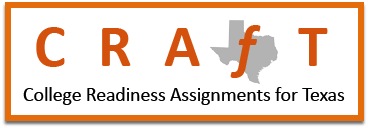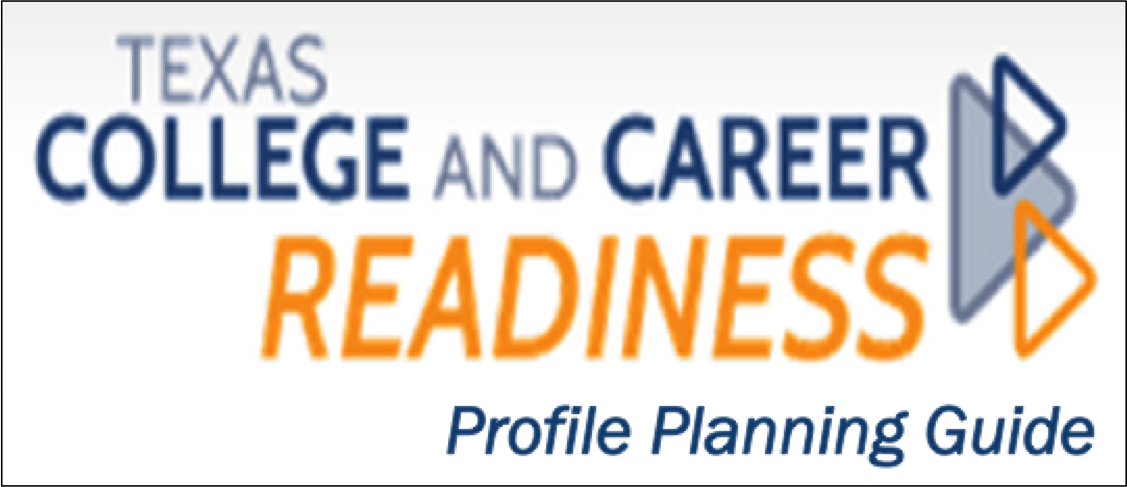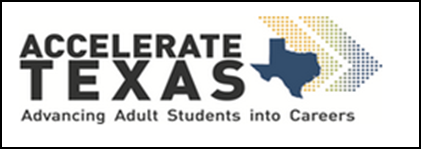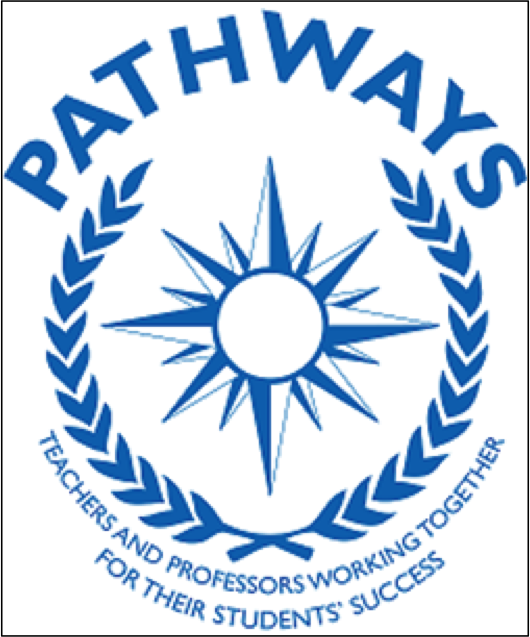The Progress of the Gulf Coast Partners Achieving Student Success (GCPASS) Initiative
January 2015 | Houston, Texas
BY: Amy Williams with June Giddings
As stated by their mission, Houston A+ Challenge is committed to helping local public high schools succeed. The organization has been around since 1997 and is close to wrapping up a recent project that was funded by the Houston Endowment. Texas College and Career Readiness Network (TXCCRN) recently interviewed June Giddings, Grant Manager and Post-Secondary Success Coach of Houston A+ Challenge to get an in-depth look at the Gulf Coast Partners Achieving Student Success (GCPASS) project and organization’s goals, tactics, and progress. The following is the transcript of the interview with Giddings:
What is the purpose of Gulf Coast PASS?
The GCPASS initiative seeks to improve college readiness and success in partner K-12 districts and community college partners. Specifically, the aim is to:
- increase the number and percentage of high school students becoming college ready and enrolling in partner community colleges,
- increase the number and percentage of community college developmental students who become college ready and then complete gateway courses
- increase the number and percentage of community college students who graduate and transfer to the universities
We have a problem with too many students testing into developmental education classes once they graduate high school, so the intention of the grant was to reduce those numbers. To meet our three goals, we focus on providing professional development trainings to the schools, researching and developing course alignment, and focusing on immediate student issues, such as gaps in financial aid and retention.
What strategy has Gulf Coast PASS used in trying to meet these goals?
The idea was to work with the 8 of 9 community colleges in the Houston area, that would partner with 1-2 independent school districts (ISDs), based on the size of their institution. These ISDs would be feeding graduating students into their partnering IHE. Working closely with administration and faculty, each institution would create a Steering Committee, College Transition Team, and English and Math Professional Alignment Councils (PAC), made up of those individuals working to represent their institutions. These committees have worked directly with Houston A+ Challenge. The scope of work for Houston A+ including convenings for all participating institutions, arranging programming, learning opportunities and facilitating collaboration among participants at the institutes. A+ supports college awareness and college-going culture with the CC/ISD partnerships, supporting ISDs in areas such as transforming school cultures into college-focused environments that build capacity in advanced coursework, support high participation and performance in college assessments, create structures for expanding college applications and FAFSA completion for all students. I visited and communicated with participating ISDs regularly and share best practices in use at local ISDs across the initiative, identify promising practices nationally to share.
Was anything discovered from the work that was done?
We found a difference in expectations between K-12 and higher education cultures. For example, we heard from English faculty that a senior English teacher may give an A for a paper, yet when we would give that same paper to a college professor, that student would not be given an A for it. So again, we hear the stories of 'I made A's in high school, what has happened?!’ This indicates a need for creating alignment teams to work together so that there can be a better transition for students to move into college credit bearing courses and be more successful - definitely not dumbing down the curriculum, but making a more conscious effort to make them more aligned and similar. The college transition committee, which was made up of high school and college counselors, found that factors such as college awareness activities, financial aid, college application completion, study skills and time management are key to student success. They get faced with those questions every day, so we were able to use their knowledge to bring student awareness to those topics.
Houston Pathways does similar work in terms of researching and promoting course alignment - does Gulf Coast PASS work with them in any capacity?
Many of the community colleges are working with Houston Pathways and the New Mathways Project. Going forward, if we are refunded, I think there will be a little more conscious effort to see what has already happened across the state and coordinate efforts, so that we are not replicating anything.
Has Gulf Coast PASS created any tools that educators can review or use in their classroom?
We just released a curriculum guide for educators in November that was created by the Math and English PAC using the curriculum alignment we worked on for 3 years. The point of the guide is to be a support to the curriculum that teachers are already using. We also recently sent a report to the Houston Endowment containing the data that our work has found. Some highlights of the report were that there was a 10% increase in college going rate across our IHE, an overall increase of males going into college, and a 9% increase in college success rate.
What are some challenges that you have come across in your work with college transition?
You've got two different cultures between K-12 and higher education, so helping to bridge that gap can sometimes be difficult. I think some of the challenges I observed were taking the ISDs out of a mindset of ‘this is how we've always done it, and this is the only way to do it" to being open to other entities, i.e. IHE, to help support them and vice versa. At the same time, having the IHE being willing to help support the activities of the ISDs, such as supporting the students in selecting post-secondary options that may not necessarily add to their own recruitment, can also be challenging.
What gaps have been bridged from your work with Houston A+ Challenge?
I think the biggest one has been an increased concentrated effort to figure out how to collect data. I am particularly thinking of my districts that do not have a data research accountability department, where it may be up to the counselors to have to collect their own data. So we’ve focused on finding ways to make data collection easier, and instead of trying to bring in something brand new, figuring out how to use their tools better. And sometimes that forced higher conversations like maybe they need to bring in a better data system or something like that. Every time we host a data session, they are full. So we are seeing a growing interest in how to do this so that we are more aware of what our students need.
Where do you see Gulf Coast PASS heading in the future?
One of the goals of our last convening and currently is for our institutions to look at sustainability and scaling. So if we are refunded, we would be bringing on Alvin Community College, which would be the 9th community college in the Houston area. We would also be looking at the schools within their service area and providing professional development opportunities for all. If there is an institution that was not part of phase 1, then they probably will be a part of phase 2. Secondly, all of the colleges involved now have already committed to continuing the work, and so part of their sustainability plan was for them to create an action plan and look for ways to help support that work. So if Houston Endowment does not refund the grant, institutions would have to absorb the costs or find other grant funding. We hope that the grant will continue, but if it doesn’t, we know that their work will.
To read more about the work Houston A+ Challenged recently released, visit the November press release here. Additional information on the success of Houston A+ Challenge is also available.


 Show Printable Version
Show Printable Version




